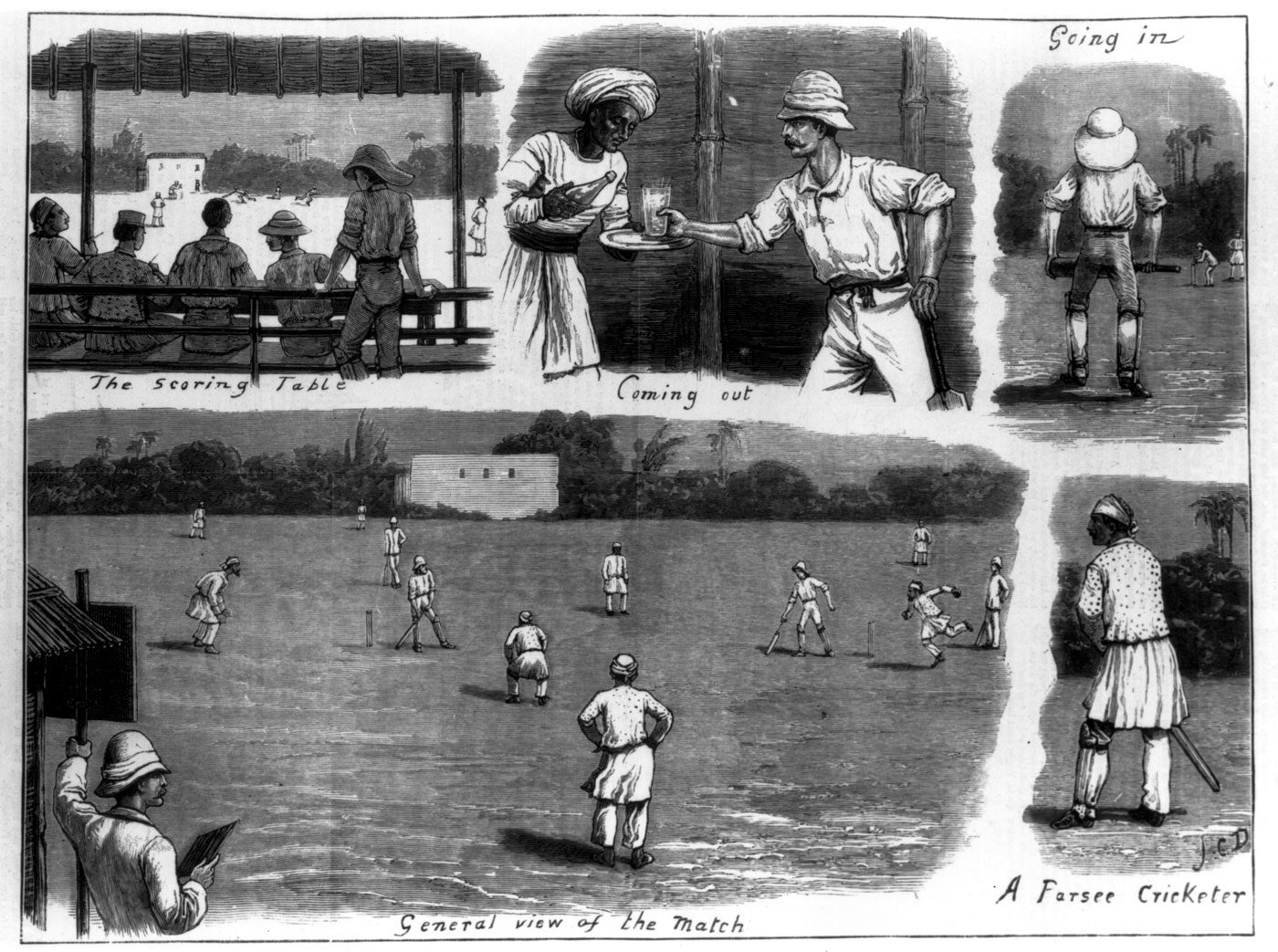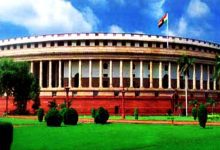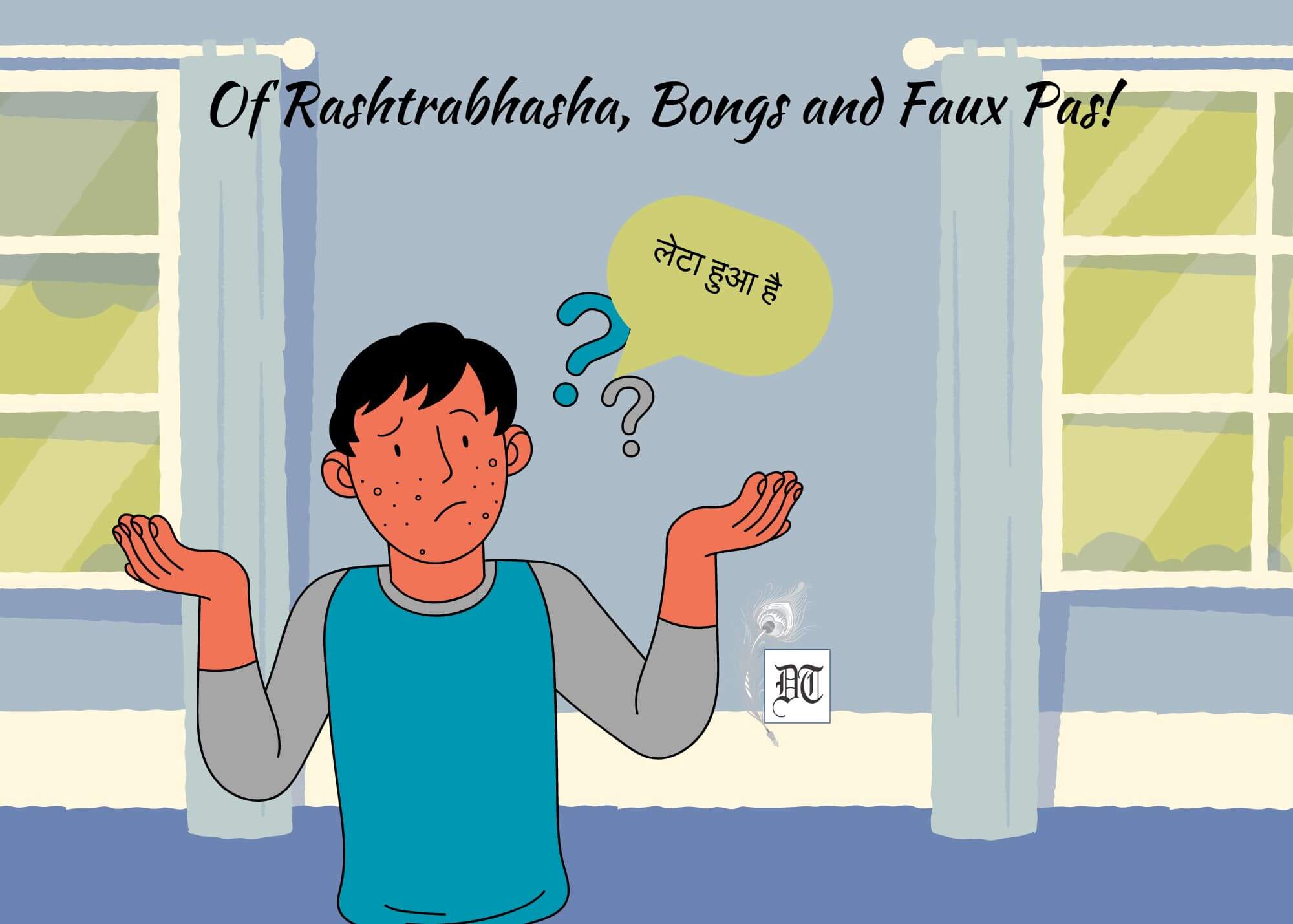 With the current India-England series on, Soumya recounts the life and times of his grandfather, a civil servant of the Raj, and his glee when India defeated England in Cricket in their country. Read more in the weekly column, exclusively for Different Truths.
With the current India-England series on, Soumya recounts the life and times of his grandfather, a civil servant of the Raj, and his glee when India defeated England in Cricket in their country. Read more in the weekly column, exclusively for Different Truths.
Now that beating England in Cricket is passé for India, and other erstwhile colonies make for bigger competition, it is difficult to imagine the euphoria of the first series win against the former rulers, especially for my grandfather’s generation.
My grandfather was a civil servant in British India and was rewarded with a prefix of Rai Bahadur for years of devoted service to the Raj. We grew up with a strong dose of nationalist literature and films — this was the era before television and its numerous khadi serials — and imbibed the fact that all such desi bastions of the British Raj were worthy of ridicule, if not worse. Although we could not quite reconcile our straight-backed, stern-faced grandfather with either the lampoons or the villains we saw on celluloid or found in print, this did not prevent us from grilling him about his loyalties.
His anecdotes about several current politicians and ministers whom he had sent to jail in the days of old—when the representatives of the British Raj were the judge, jury, and executors of justice—added to this image. The incongruous note was that the same politicians and ministers did not exactly fit into the heroic image of freedom fighters of screen and print — in fact, quite the contrary. Jail seemed to be a fit place for most of the leaders anyway. Nevertheless, we continued to torment him about his loyalties and his role as the enemy of the people. He defended himself claiming that he only did his duty and did it well and administered the province a whole lot better than the erstwhile jailbirds did today.
He confessed to an occasional dereliction of duty, by passivity or relaxed vigil, which may have aided these impulsive youngsters and the deep sorrow he felt when an execution, the penalty for such impulses, came up in his district.
He, however, remembered the assassination of his close friend and colleague, an English D.C., with great pain, and spoke of the senseless anguish to his innocent family. In contrast, he had scant respect for the leaders of the local khadi brigade, whose maximum penalty was a few months in a 1st class jail.
Decades after his retirement, when Wadekar and his knights errant were reawakening our jingoistic zeal with their heroic deeds in distant lands, topping it all by beating the British Lion in his own dismal den, the raucous celebrants hunched around the transistor had an elderly member. With tears streaming down his cheeks he applauded the India victory. He told us, “You will not understand what this means to me. We beat the masters — at their own game — the game they taught us.
“We beat them in their own home. These lads are all right. They remind me of those youngsters in Midnapore….” It was the field of sports that finally settled the questions of true loyalties.
©Soumya Mukherjee
Photos from the Internet
#Loyalty #Humour #Sports #Cricket #Jury #BritishRaj #WhyPigsHaveWings #DifferentTruths





 By
By

 By
By
Lovely written piece. Days of transistor for listening commentary are remembered. Sports with Britain and Pak awaken our jingoistic zeal.
A glorious portrait of “playing the game”: upholding the law (“Jail seemed to be a fit place for most of the leaders, anyway”) regardless of who flouted, bent or broke it and the genuine elation that excelling (“We beat the masters – at their own game – the game that they taught us”) on one’s own merits brings.
Gratified sir. You’ve read more into the story than anyone else
True. Thank you
It has to do with the quality and devotion to duty of the ICS personnel who, regardless of their nationalist views, had a mission to serve India impartially and to the best of their ability, and insisted on the highest standards throughout.
largely true sir
Delightful read